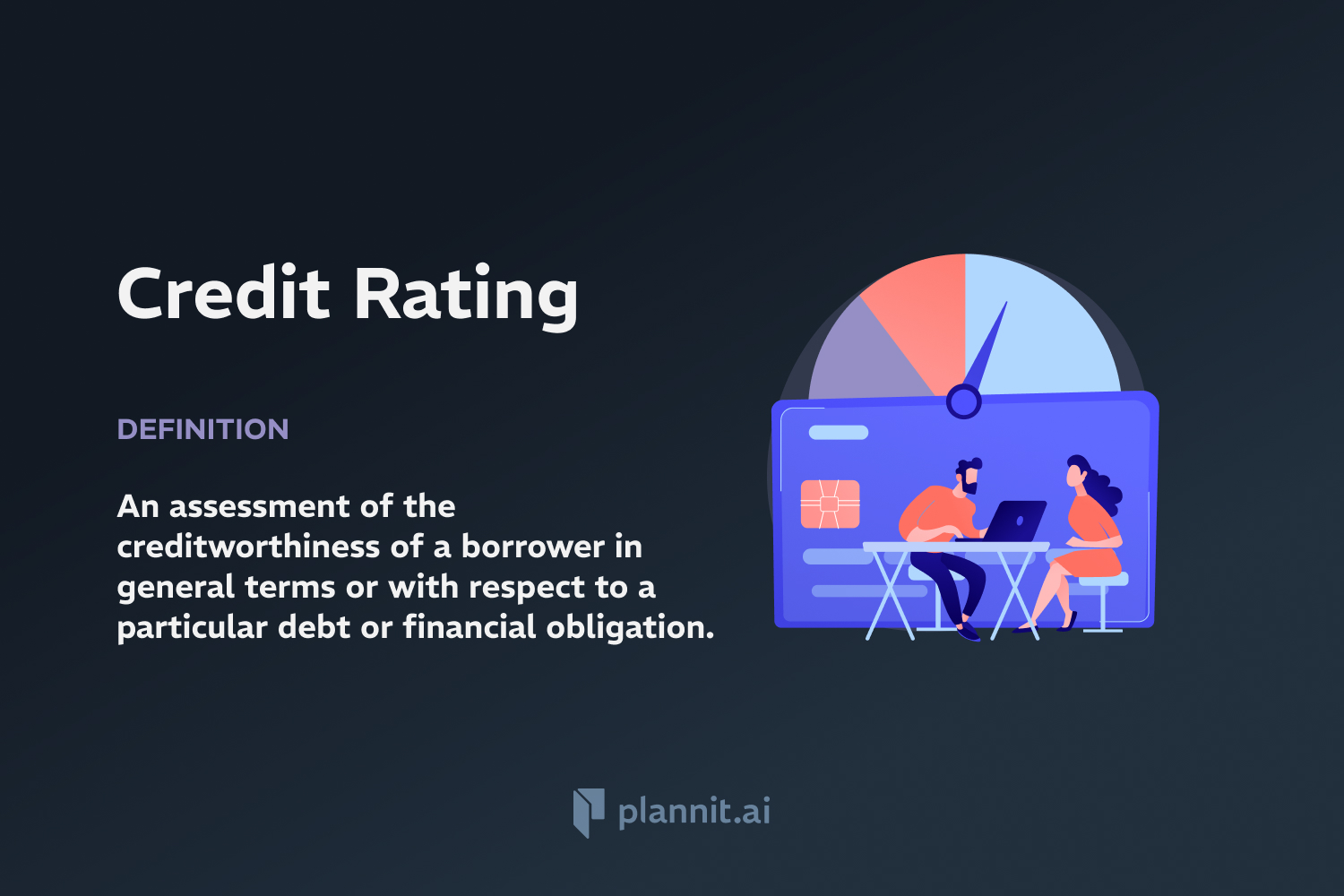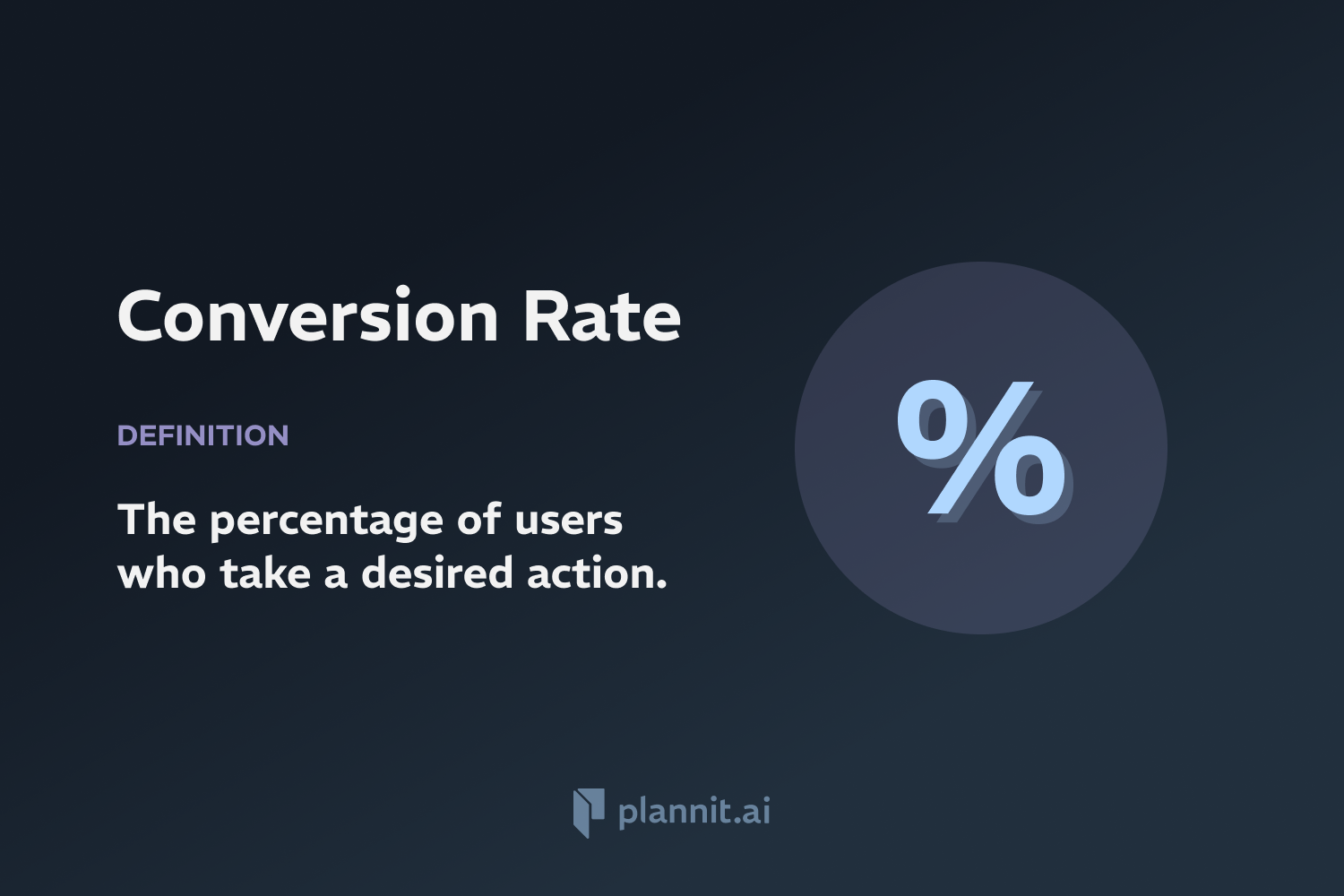Need Help With Your Business Plan?
Answer tailored questions and get a detailed business plan in minutes.
Credit Rating: Definition & In-Depth Explanation

Definition:
A Credit Rating is an evaluation of the credit risk of a prospective debtor, predicting their ability to pay back the debt and an implicit forecast of the likelihood of the debtor defaulting. This rating is usually assigned by a credit rating agency and is evaluated based on the borrower’s credit history, current assets and liabilities, and other financial histories.
Context of Use:
Credit ratings are crucial in the financial world, impacting interest rates offered to borrowers, the willingness of lenders to extend credit, and the overall confidence in the financial markets. They are commonly applied to governments, corporations, and individual consumers.
Purpose:
The primary purpose of credit ratings is to provide investors with an understanding of the risk level associated with investing in a particular country, company, or security. This helps lenders assess the probability of default, which influences the interest rates and terms of loans.
Example:
Corporate Bonds: A company with a high credit rating may issue bonds at a lower interest rate than a company with a lower credit rating, reflecting the perceived risk of lending to each.
Mortgage Loans: Individuals with higher credit ratings often qualify for lower mortgage rates due to their perceived lower risk of defaulting on loans.
Related Terms:
Credit Score: A numerical expression based on a level analysis of a person's credit files, representing the creditworthiness of an individual.
Default: Failure to fulfill an obligation, especially to repay a loan or appear in a court of law.
Credit Risk: The risk of loss arising from a debtor being unlikely to pay its loan obligations in full or the debtor is more than 90 days past due on any material credit obligation.
FAQs:
1. How are credit ratings determined?
A: Credit ratings are determined by credit rating agencies that analyze financial data, including past loan repayment histories, current debt levels, and economic conditions that might affect a borrower’s ability to repay debt.
2. How to find the credit rating of a company?
A: To find a company's credit rating, you can look up reports from major credit rating agencies such as Standard & Poor’s (S&P), Moody’s, and Fitch Ratings. These agencies publish ratings online and offer detailed analysis for a fee. Additionally, public companies often disclose their credit ratings in their annual reports.
3. How good is a 664 credit rating?
A: A 664 credit score is generally considered "Fair" according to the FICO score scale. This means you are somewhat risky to lenders compared to someone with a higher score. While you can still get loans and credit, you might face higher interest rates or more stringent conditions.
4. What impact does a credit rating have on a company or individual?
A: A credit rating affects the ability to borrow money and the costs associated with borrowing. Higher ratings generally result in lower interest rates and better borrowing terms because of the lower perceived risk.
5. Can a credit rating change, and if so, how?
A: Yes, credit ratings can change due to adjustments in financial behavior, economic conditions, changes in debt levels, or shifts in revenue. Ratings can be upgraded or downgraded by rating agencies based on current data.
Get funding with a business plan that will impress investors.
Starting a New Business?



